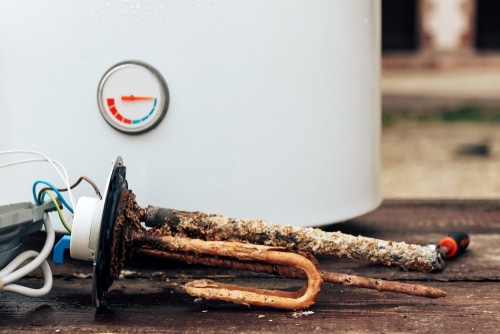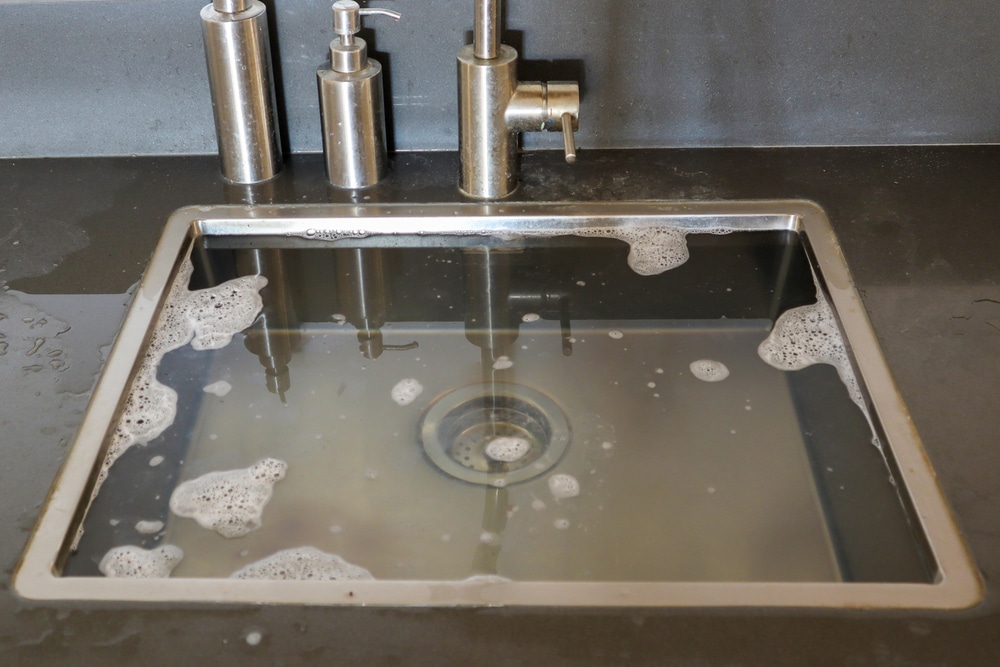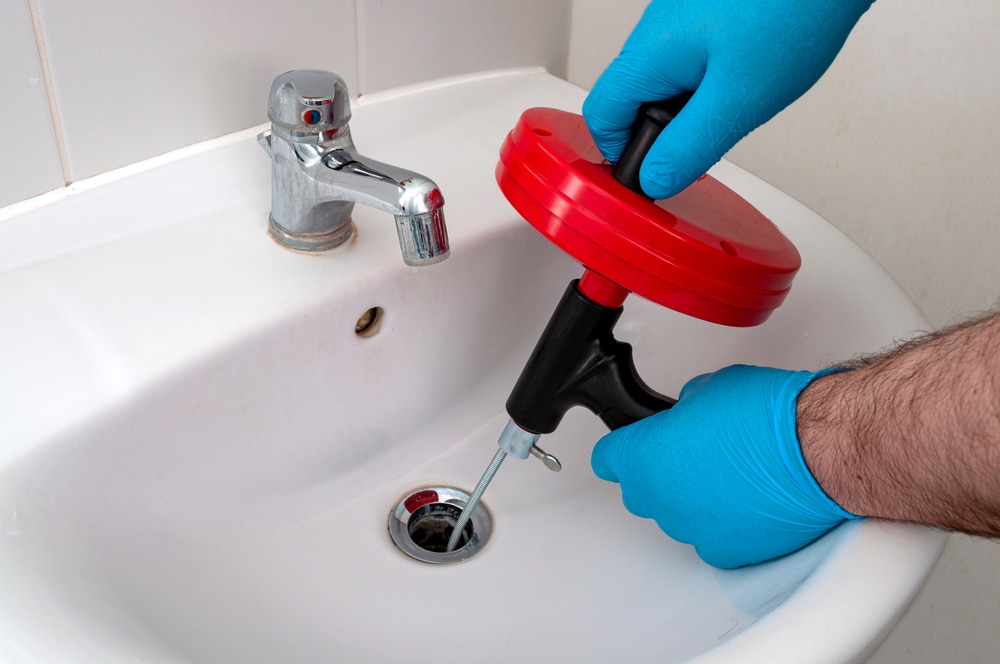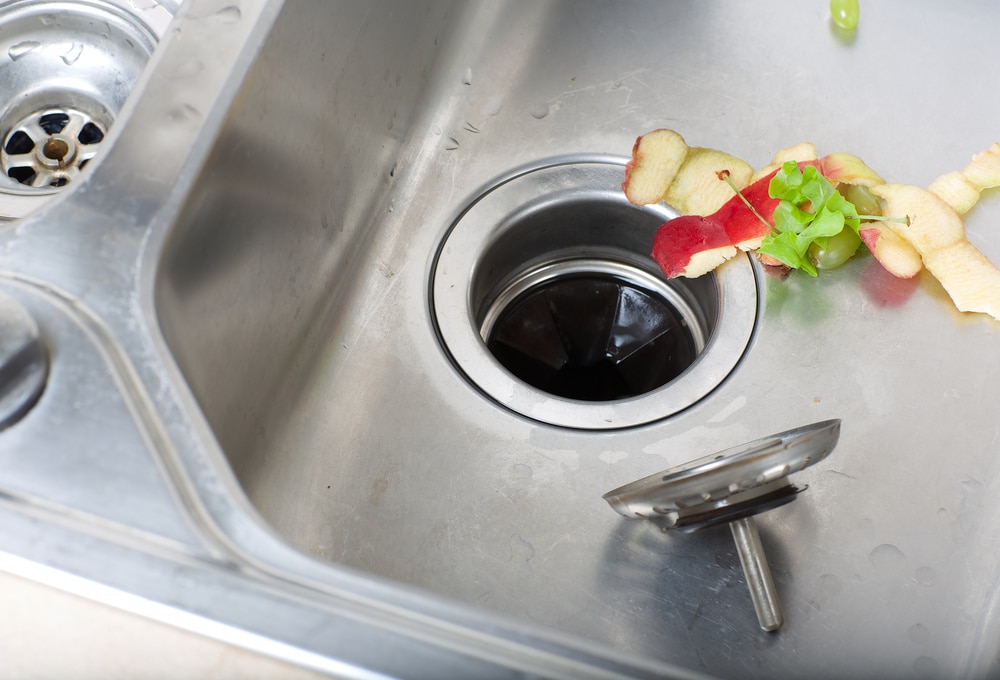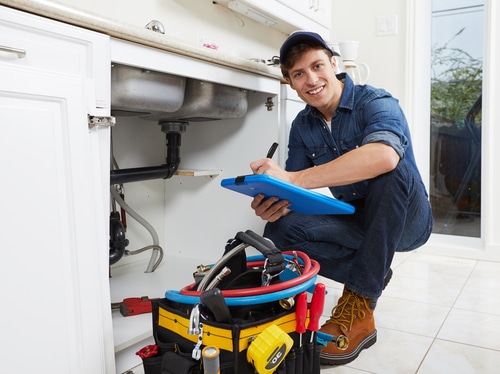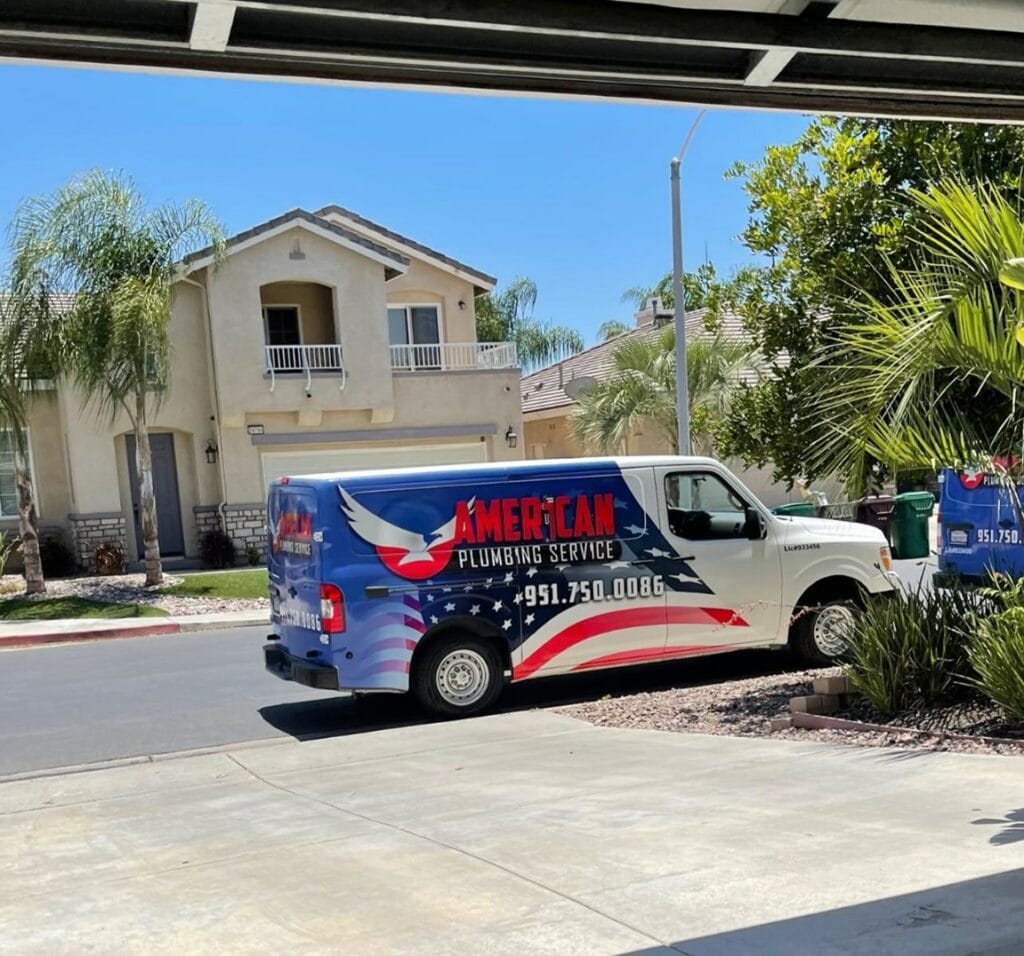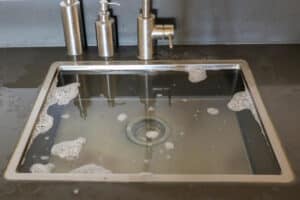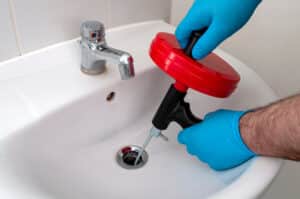Even though it’s not generally a concern, knowing how long your water heater will endure is useful information to have on hand. Most water heaters last between 8 and 12 years, however that number can be significantly impacted by a number of different circumstances. This article will discuss those elements and how to know when it’s time to replace your water heater to ensure a steady supply of hot water.
Do NOT try to replace or perform maintenance on an old water heater unless you are a trained plumber. Only a trained expert should attempt such a difficult and potentially hazardous task.
What to do if your water heater is getting a little old…
Water heaters should be replaced if they are older than ten years. If you see any of these warning signals, this is especially true:
- Those are definitely not normal noises coming from your water heater.
- There is a leak in your water heater, which explains why your water isn’t as hot as it once was.
- It looks like your water is rusty.
If you notice any of these symptoms, it’s best to consult a specialist to rule out any underlying issues. However, if any of these issues persist, it’s probably time to replace your water heater.
There’s rust in your water heater.
Rust on your water heater is a common indicator that it needs to be replaced. Rust will build on your tank’s metal because the water in it acts as a corrosion agent. In addition to putting stress on the tank and increasing the likelihood of a leak, this can also introduce rust particles into your water supply.
As time passes, sediments settle to the bottom of the tank, causing this problem. Minerals in the water and rust dust that collects on the inside of the tank are just two potential origins of these sediments. The accumulation of these sediments creates a layer of material between the water and the tank’s metal, preventing the water from corroding. Since the water is now more corrosive, rust will form.
As soon as you see rust on your water heater, get it checked out by a professional. Rust may wreak havoc on your plumbing, requiring expensive repairs.
Audible sounds coming from your water heater
Another common indication that it’s time to replace the water heater is if it makes a lot of noise. Sediments at the tank’s base generate the most frequent noise, which is a slamming or knocking sound. These sediments expand and contract when the water temperature changes, rattling the metal of the tank as they do so.
Some other frequent sounds are:
- Crackling
- Screeching
- Knocking
There is probably something wrong with the burner or heating element if you hear these sounds. Water heaters can be harmful if you hear any of the above sounds, therefore it’s crucial to get in touch with a specialist if you do. Without proper treatment, they may wreck havoc on your water heater and other pipes and fittings.
Water heater that leaks
One of the worst possible scenarios is a water heater that leaks. As soon as you discover water leaking from your water heater, you should have a professional inspect it. The damage caused by leaks is often extensive, and the repairs can be expensive.
Many things might cause a water heater to leak, but the most typical cause is a damaged tank. Metal water heater tanks rust and deteriorate with use over time. It can lead to the tank cracking, which in turn leads to water loss. A malfunctioning pressure relief valve is another frequent source of leaks. When the tank pressure rises too high, this valve opens and lets the pressure escape. If the valve is faulty or malfunctioning, water will seep out.
Turn off the water supply to your property and contact a plumber as soon as you discover a leak. There is a direct correlation between the amount of damage a leak causes and the amount of money needed to fix the harm.
The water temperature is not hot
It’s probably time to replace your water heater if the water is no longer as hot as it used to be. Your water heater’s heating element will deteriorate and lose efficiency after some time has passed. The temperature of the water coming out of your tap will decrease as a result.
A plumber should be called in immediately if you find that the temperature of the water coming out of your taps is decreasing. They can take a look at your water heater and tell you whether you need to replace it or if a small fix or thermostat adjustment would do the trick.
You should replace your water heater when…
You should consider getting a new water heater if you’ve noticed more than one of the aforementioned issues. The normal lifespan of a water heater is 15 years. However, this varies based on a variety of things, including as the unit’s quality, how often it’s used, how well it’s maintained, and the quality of the water in your home. Professional plumbers and installers of water heaters know that the normal lifespan of a water heater in a single-family home is between 8 and 12 years.
When your water heater reaches the age of 15 or you notice many issues, it’s usually time to replace it. Your water heater may need to be replaced, so give a pro a call right once to get it checked out.
Contact Us Today

